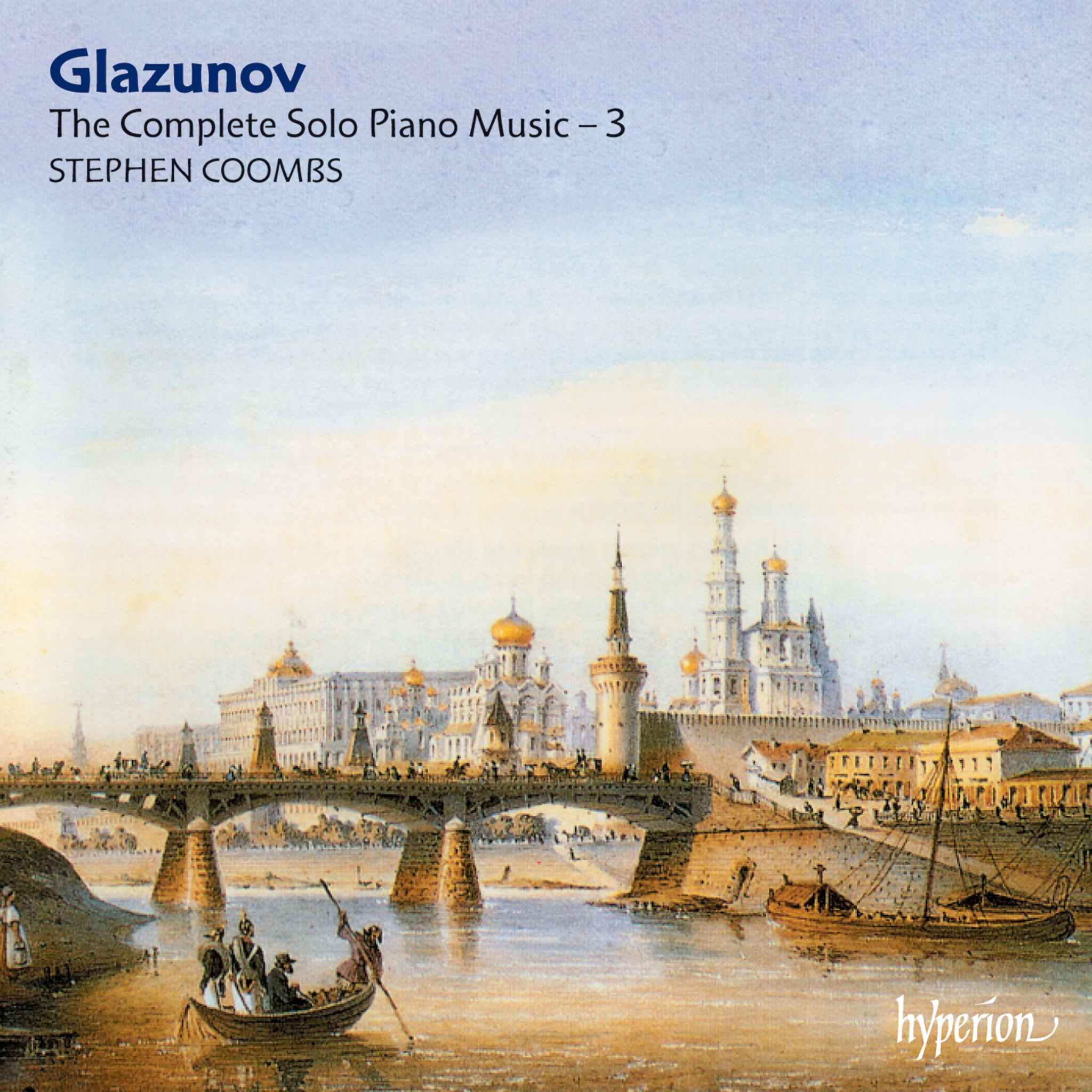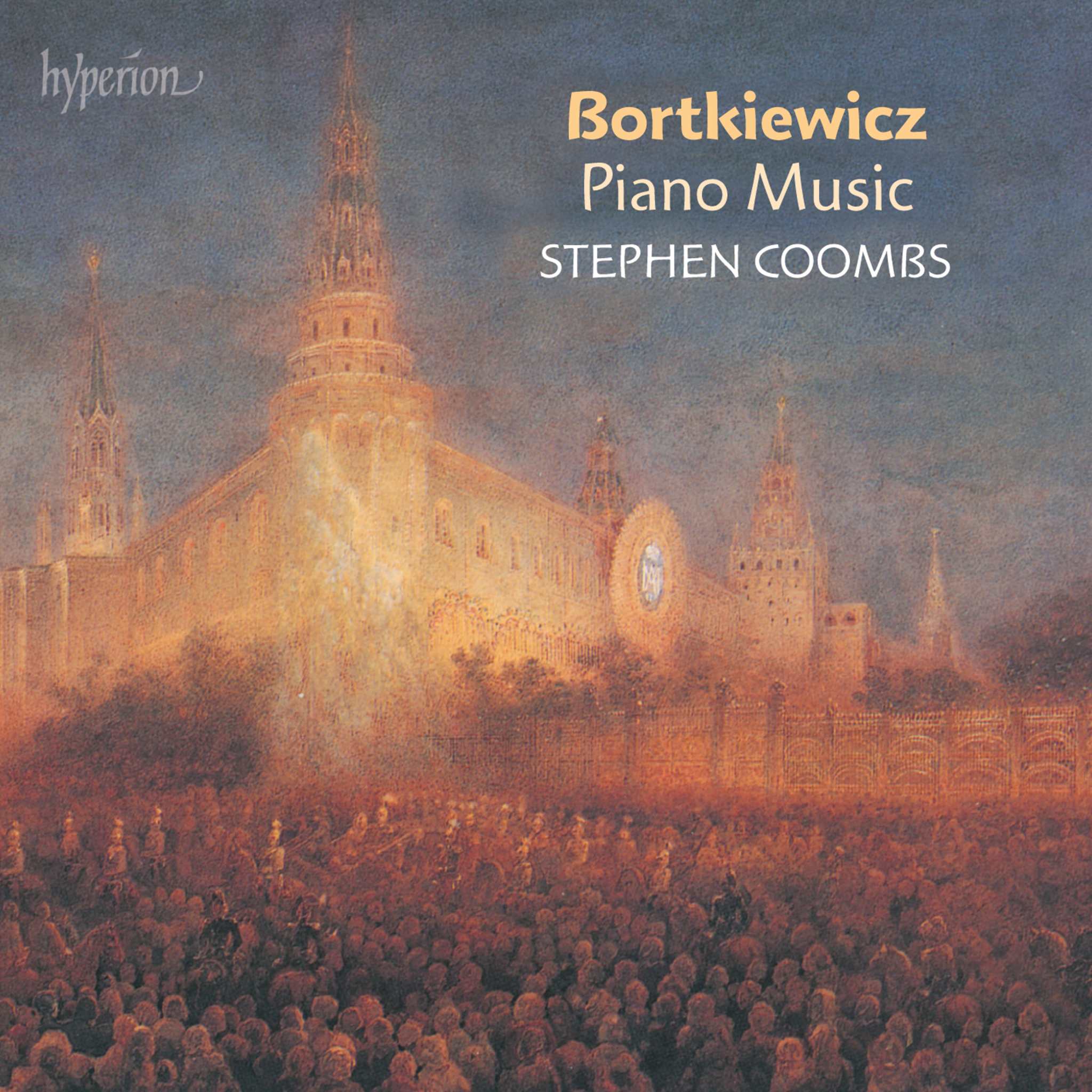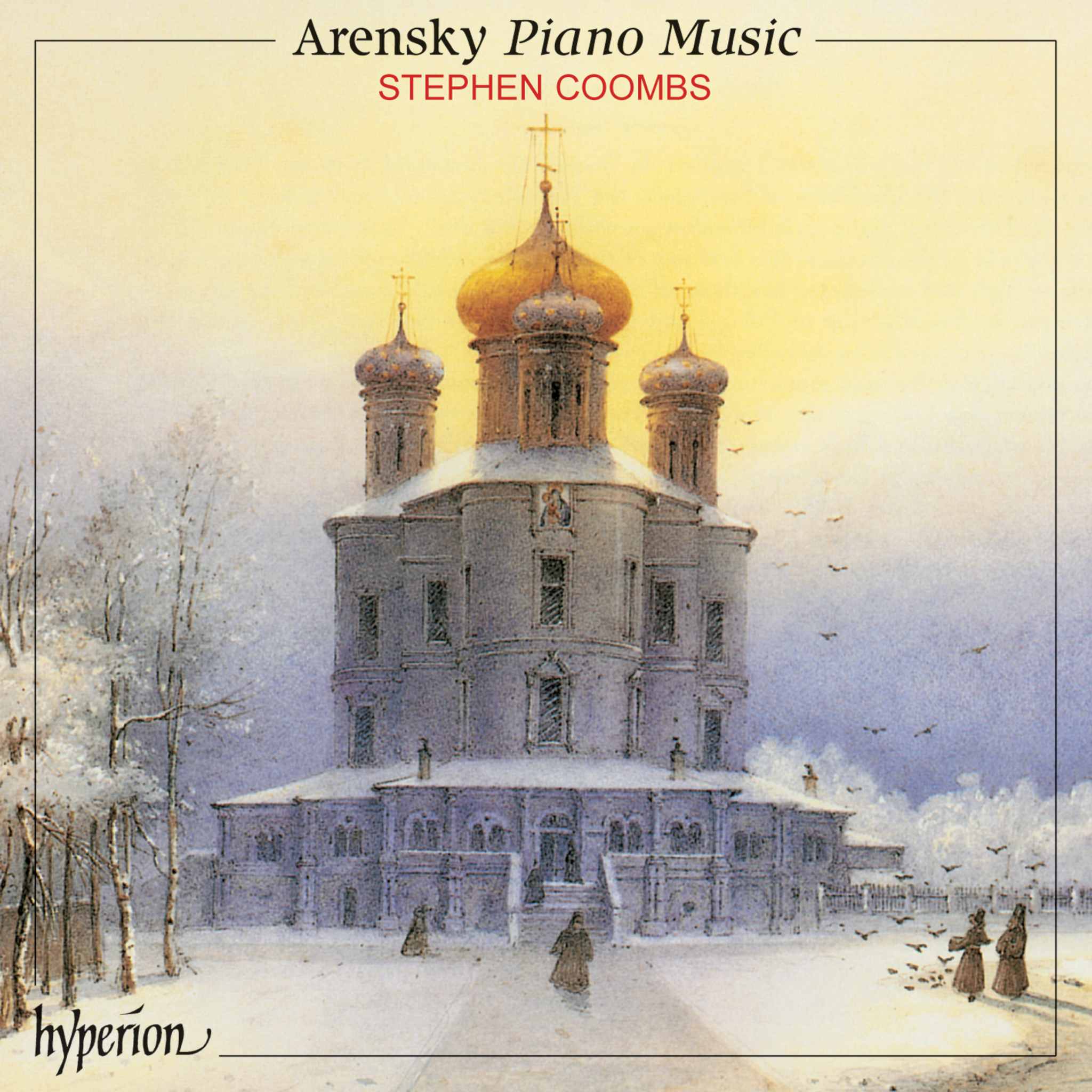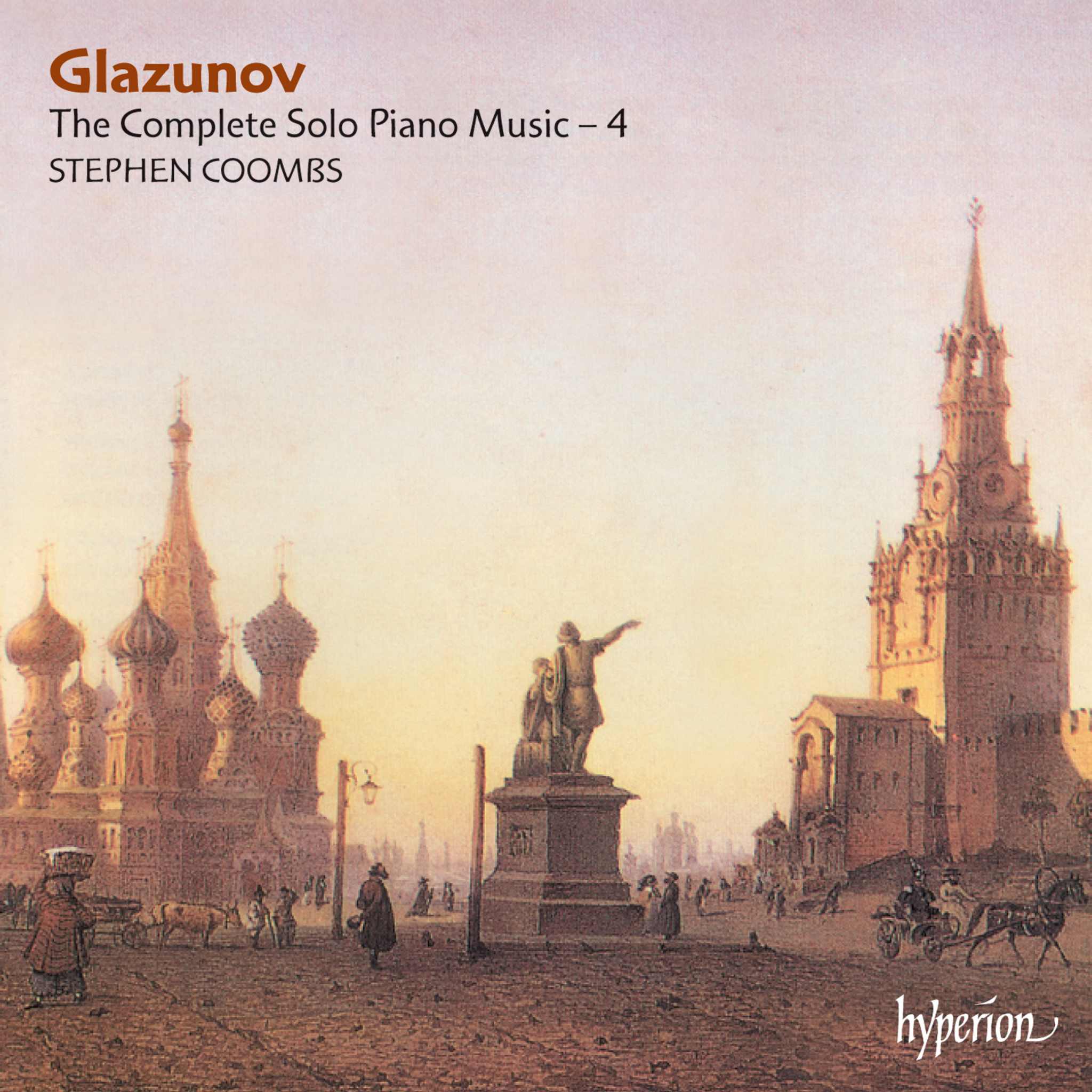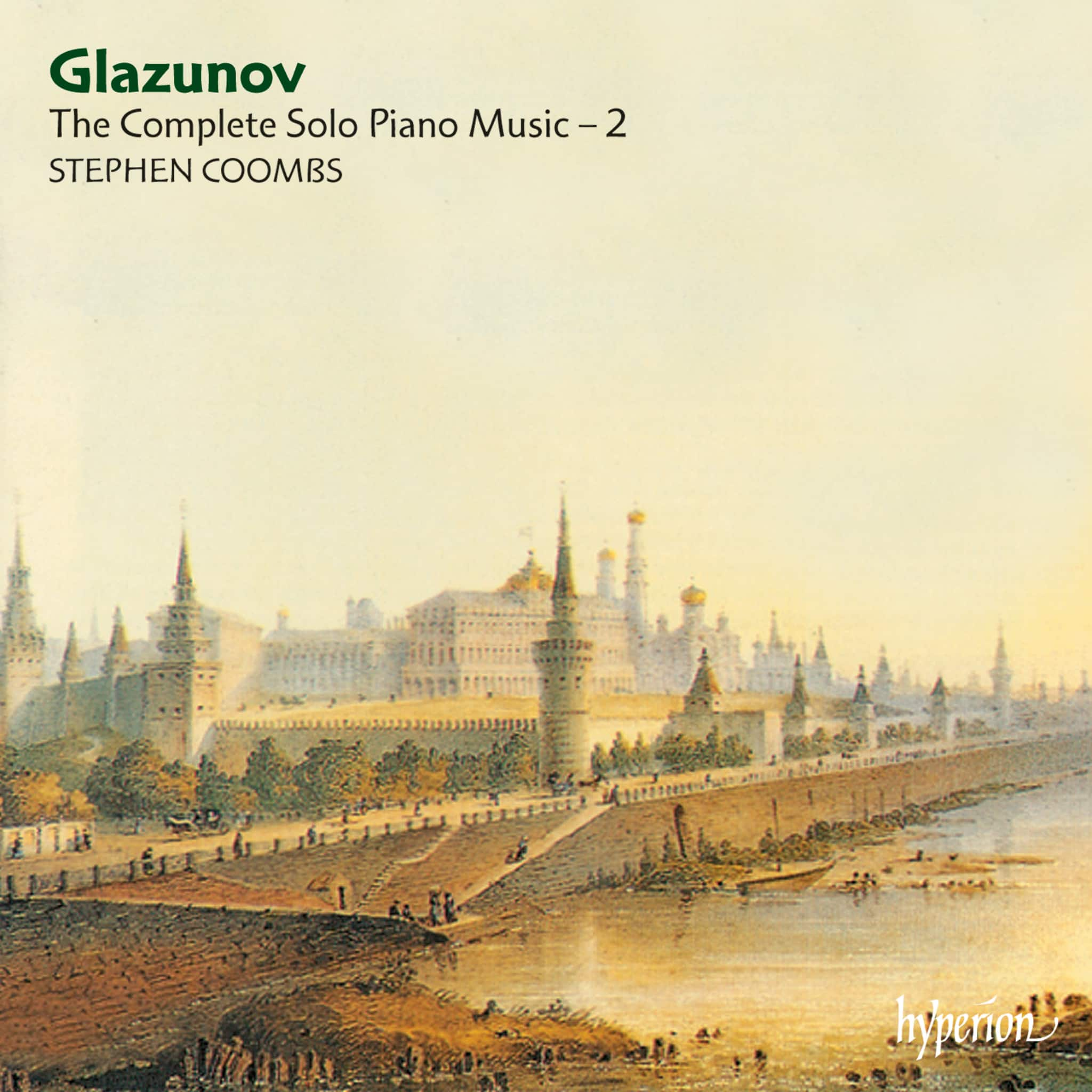The piano works of Alexander Glazunov are of particular importance in his oeuvre, highlighting both his versatility and his significant contribution to Russian music.[2] Although his music often received little attention in the West, his influence on later composers, especially Shostakovich, remained consistently evident.[2]
As early as 1899, the dramatic Preludes and Fugues, Op. 62 in D minor, were composed as an expression of his academic brilliance. This collection of six pieces also exists in an organ version.[2] Through its complex structures and multitude of voices, Glazunov demonstrates his virtuosity at the piano and his mastery of counterpoint, with polyphony and chromaticism playing a central role.[2]
In the early 20th century, Glazunov continued his work on preludes and fugues; Op. 101, from 1918, marks a shift towards avant-garde trends.[2] Despite new influences from composers such as Stravinsky and Prokofiev, Glazunov remained true to his innovative spirit and continued to create sophisticated works characterized by artistic diversity and refinement.[2]
The Prelude and Fugue in E minor from 1926, later arranged for organ, reflects Glazunov's inner strength, even in difficult circumstances.[2] During a time of poverty, illness, and disappointment, he found solace in music, which is reflected in the almost serene nature of these last piano pieces.[2] His students continued to cherish him, and Shostakovich highlighted how Glazunov, through his sense of responsibility and his work, preserved important compositions and cared for his students.[2]

